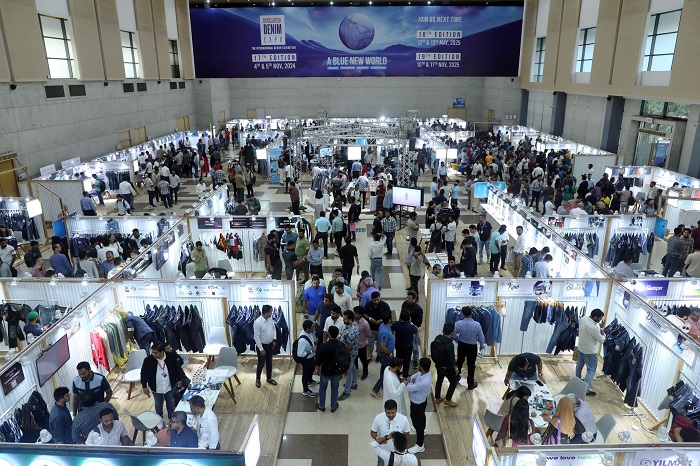At the Global Fashion Summit: Shanghai Gala 2024, the Global Fashion Agenda (GFA) unveiled The GFA Monitor 2024, aimed at helping fashion industry leaders pursue a net positive impact. The guide, published ahead of COP29, highlights advancements and challenges in sustainability and responsible business practices.
Produced with input from key partners, including the Apparel Impact Institute and Ellen MacArthur Foundation, the 2024 report consolidates data to address critical environmental and social goals. Key achievements include sustainable cotton production, now covering 30 per cent of the market, and a 14 per cent increase in companies setting fair wage targets through collective bargaining for 2035. The report also notes a 59 per cent rise in water stewardship targets for 2040, though it highlights that action toward these goals remains limited.
Challenges persist, with companies struggling to prioritize sustainability amid economic pressures. Wage disparity continues, with only a 1 per cent reduction in the gap between minimum and living wages in 2023. Furthermore, while target setting for resource stewardship indicators has grown, active efforts to achieve these remain insufficient.
Insights from the Fashion Industry Target Consultation, a joint project by GFA and UNEP, underscore the industry’s sentiment on the steps needed for a net positive transition. With contributions from 100 stakeholders across six continents, the consultation identifies 27 critical actions for industry transformation.
GFA CEO Federica Marchionni urged the fashion industry to adopt greater ambition and take swift action in response to escalating climate threats. She emphasized the need for resilience through sustainable practices and encouraged leaders to use the report’s guidance to foster a fair and transparent fashion ecosystem.
GFA’s Impact Partners echoed these calls to action. Janet Mensink from the Social &Labor Convergence Program noted rising social non-compliances, emphasizing the need for secure work environments. Tiffany Rogers of the Fair Labor Association highlighted wage increases, urging focus on living wage progress, while Lewis Perkins from the Apparel Impact Institute advocated rapid decarbonization initiatives to meet 2030 targets.












